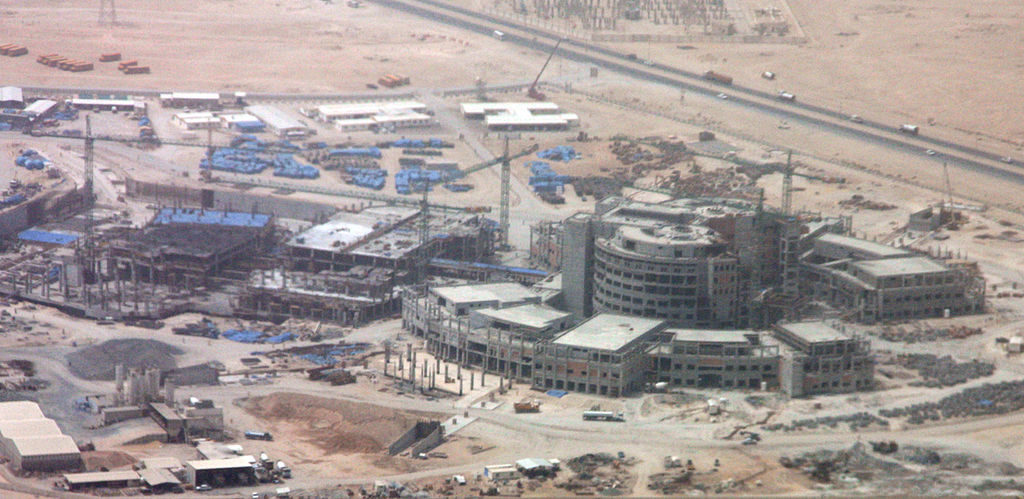
Qatar’s construction industry has grown by leaps and bounds in recent years, and shows no sign of slowing if the numbers are any indication – infrastructure and venue construction for the 2022 World Cup has been a major boost to the industry. However, as industry expert Lisa Dudzik Australia can tell you, the industry in Qatar has not be immune to the challenges facing the industry world-wide, and additionally faces some issues specific to Qatar as well. Here are some of the key challenges facing Qatar’s construction industry.
Shortage of Skilled Labour
Like other national construction industries, Qatar is facing a domestic shortage of skilled labour and for that reason is heavily dependent on migrant workers and especially on foreign engineers. Visas to permit entrance to these workers are in limited supply, creating further shortages. At the same time, there have been some serious concerns raised about the treatment of these migrant workers, who have been vulnerable to abuse because of their vulnerable position as non-nationals. High death rates among migrant workers has been a particular concern, prompting some expected changes to the labour laws to protect their rights.
Oil Prices
As global oil prices fall, so too does Qatar’s national revenue – if oil revenues fall too low, this puts pressure on national budgets and could force a rethinking of spending strategies, including spending on construction and infrastructure. This could translate into delayed or cancelled projects with spillover effects across the economy.
Delayed Payments
In general, collection cycles in Qatar tend to be slower than in many other places, with time lags of more than 6 months between the completion of projects and payment for the work. This is despite timelines for payment in contracts. It is unclear what the cause of the payment problems is, although some people suggest it is because the industry has grown more quickly than the regulatory environment. These delays can create significant cash flow for companies that need to pay for supplies and labour – in fact, by government regulation, companies that delay payment to workers can be penalised.
Difficulty Securing Loans
The challenges cause by delayed payments may force companies to seek loans in order to cover payments owned to workers and supplier. At the same time as companies may be seeking financial support to cover shortfalls, the Qatari banks are increasingly reluctant to make loans. The banking industry in Qatar is quite conservative, and eligibility requirements and interest payments have both increased. Together, this means that small companies in particular may have a difficult time competing, and payment delays may cascade through the entire supply chain.
World-wide, the construction industry was hard-hit by the financial recession. However, national industries will also face challenges particular to their demographic, regulatory and financial circumstances. Qatar is no exception, and faces challenges related to labour shortages, falling oil prices and cash flow issues.